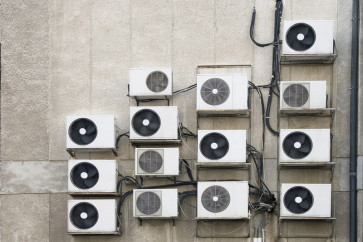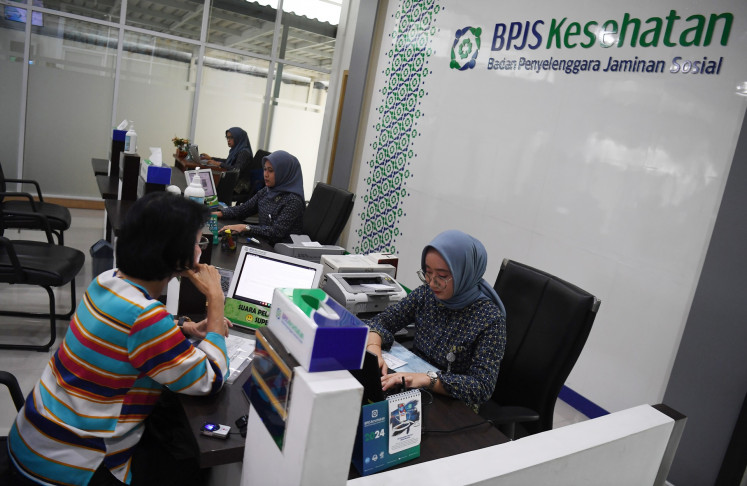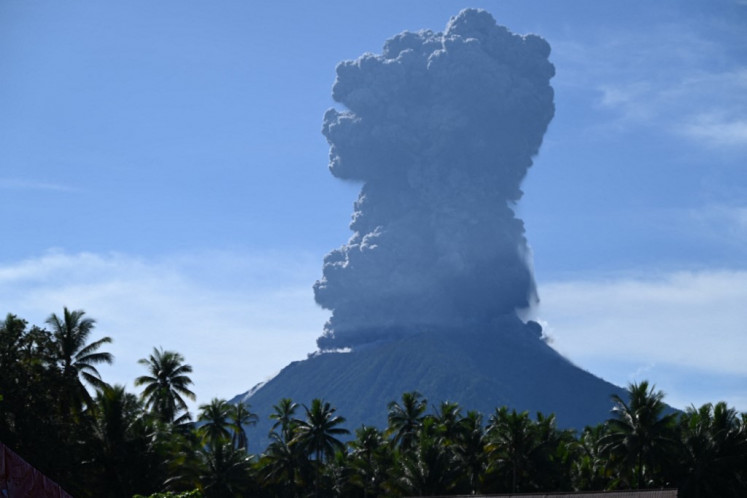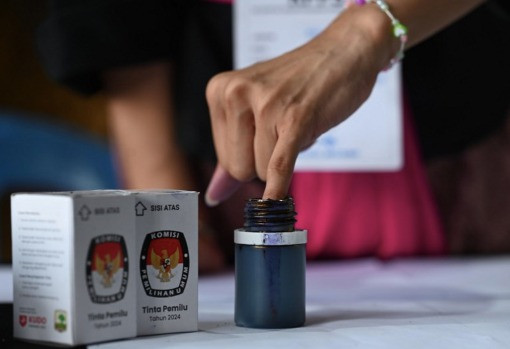Thailand, first Asian country to eliminate mother-to-child transmission of HIV, syphilis
The WHO granted validation to Thailand for having eliminated mother-to-child transmission of HIV and syphilis, making it the first country in Asia and the Pacific region, and also the first with a large HIV epidemic to ensure an AIDS-free generation.
Change Size
 High risk -- People walk in the red-light district in Pattaya, Chonburi. (AFP/Nicolas Asfouri)
High risk -- People walk in the red-light district in Pattaya, Chonburi. (AFP/Nicolas Asfouri)
T
he WHO granted validation to Thailand for having eliminated mother-to-child transmission of HIV and syphilis, making it the first country in Asia and the Pacific region, and also the first with a large HIV epidemic to ensure an AIDS-free generation.
The Thai Health Ministry received the certificate of validation during a ceremony that took place in New York on the eve of the UN General-Assembly High-Level Meeting on Ending AIDS.
“This is a remarkable achievement for a country where thousands of people live with HIV. Thailand’s unwavering commitment to core public health principles has made elimination of mother-to-child transmission of HIV and syphilis a reality, a critical step for rolling back the HIV epidemic. Thailand has demonstrated to the world that HIV can be defeated,” said WHO South-East Asia Region director Poonam Khetrapal Singh, who presented the certificate of validation to Thailand in New York on Wednesday local time.
"Thailand has turned around its epidemic and transformed the lives of thousands of women and children affected by HIV," UNAIDS executive director Michel Sidibé said.
"Thailand's progress shows how much can be achieved when science and medicine are underpinned by sustained political commitment."
UNICEF East Asia-Pacific Region director Karin Hulshof said by investing in strong maternal and child health care and national AIDS prevention measures, Thailand had demonstrated there were ways to protect children from the global AIDS pandemic response.
“Thailand’s achievement inspires its neighbors to greater action. There are still 21,000 infants who are born with HIV each year in the Asia-Pacific region, and more than 200,000 children who are growing up with HIV,” said Hulshof.
According to WHO, untreated, women living with HIV have a 15 to 45 percent chance of transmitting the virus to their children during pregnancy, labor, delivery or breast-feeding. However, the risk can be reduced to just over one percent if antiretroviral medicines are given to both mothers and children throughout the stages when infection can occur.
The Thai Public Health Ministry says 98 percent of all pregnant women living with HIV have access to antiretroviral therapy and the rate of mother-to-child transmission of HIV has been reduced to less than 2 percent. In 2000, an estimated 1,000 children became infected with HIV.
In 2015, the number of children who became infected with HIV through mother to child transmission was reduced to 85, a decline of more than 90 percent, a significant achievement in a country where an estimated 450,000 people were living with HIV in 2014.
Sustained efforts and success in preventing new HIV infections have helped reduce HIV among women of childbearing age. According to Thailand’s health authorities, between 2000 and 2014, the annual number of women newly infected with HIV fell from 15,000 to 1,900, or an 87 percent reduction.
“Thailand’s universal health coverage framework ensured essential health services were available to both rich and poor. The country’s commitment to equitable access has ensured that both Thai citizens and migrants are covered for HIV treatment,” says WHO. (ebf)









